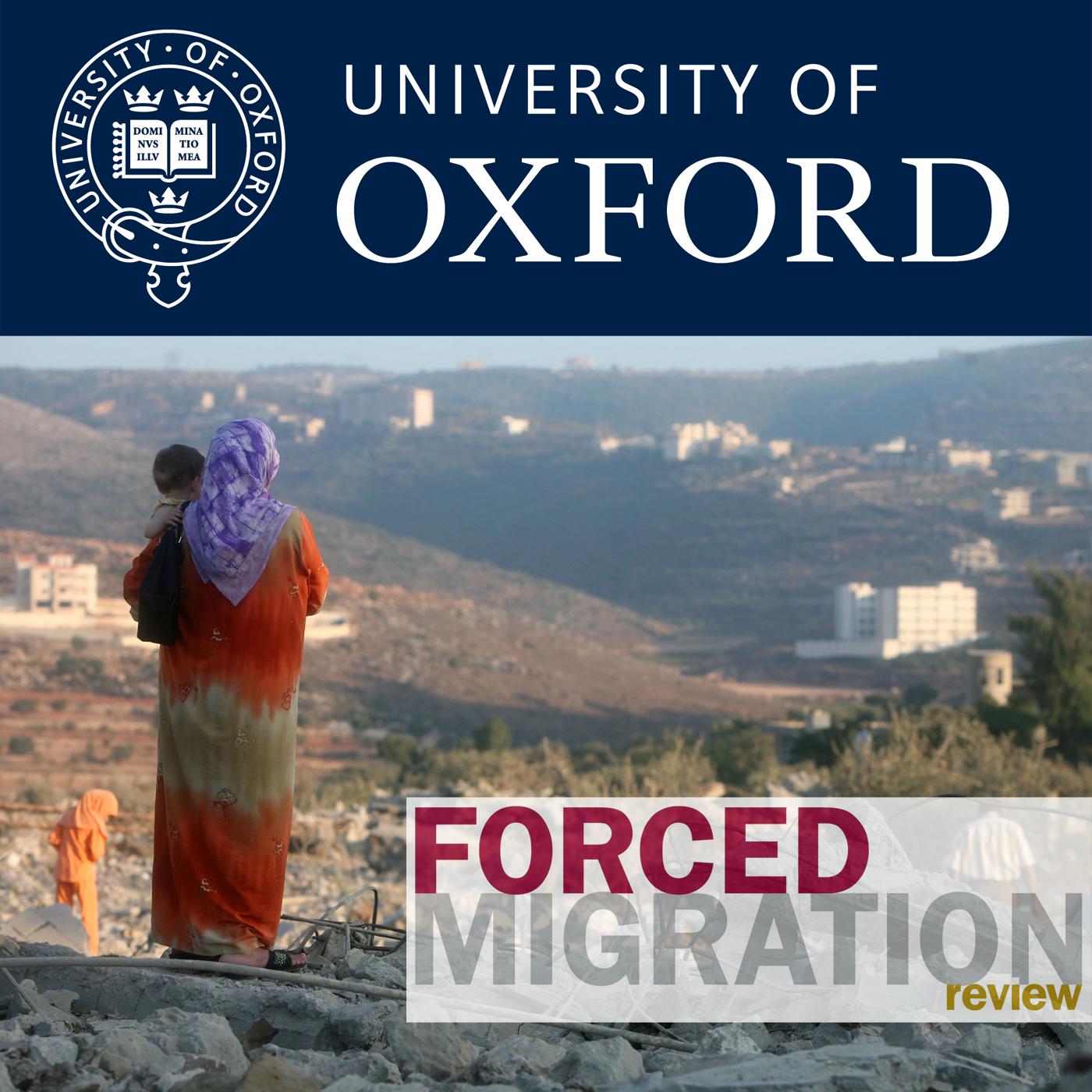No episode playing

Preventing displacement is obviously a worthwhile objective. Being displaced puts people at a higher risk of being both impoverished and unable to enjoy their human rights. Such a situation is worth preventing - but not at any cost. FMR 41 includes a major feature on 'Preventing displacement' plus a range of articles on other subjects such as North Koreans in China, East Africans adapting to the UK, the Rohingya, slum evictions in Tanzania, the Nansen Initiative and a new methodology for assessing the costs and impacts of displacement. See more at: http://www.fmreview.org/preventing#sthash.u8YTcxMu.dpuf